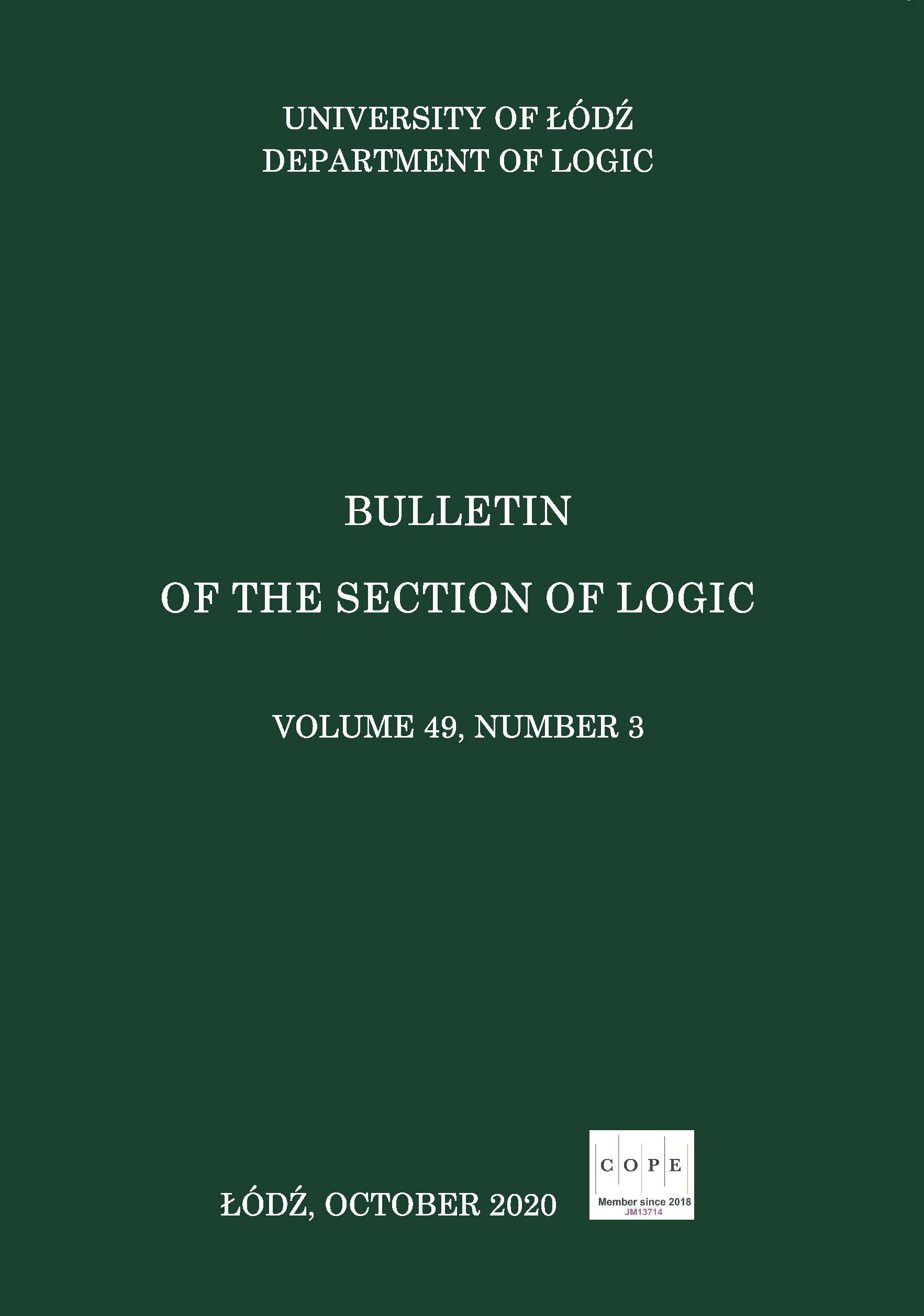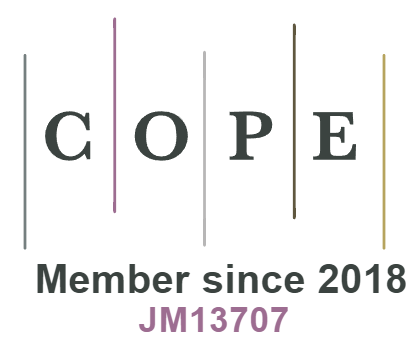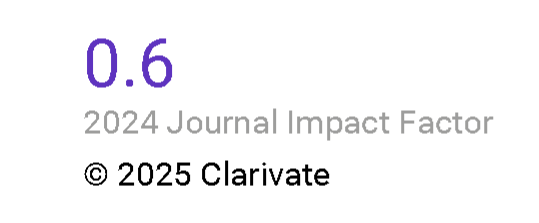Equality Logic
DOI:
https://doi.org/10.18778/0138-0680.2020.14Keywords:
many-valued logic, equality logic, completness, prelinear equality∆-algebra , prelinear equality∆ logicAbstract
In this paper, we introduce and study a corresponding logic to equality-algebras and obtain some basic properties of this logic. We prove the soundness and completeness of this logic based on equality-algebras and local deduction theorem. We show that this logic is regularly algebraizable with respect to the variety of equality∆-algebras but it is not Fregean. Then we introduce the concept of (prelinear) equality∆-algebras and investigate some related properties. Also, we study ∆-deductive systems of equality∆-algebras. In particular, we prove that every prelinear equality ∆-algebra is a subdirect product of linearly ordered equality∆-algebras. Finally, we construct prelinear equality ∆ logic and prove the soundness and strong completeness of this logic respect to prelinear equality∆-algebras.
References
[1] W. J. Blok, D. Pigozzi, Algebraizable logics, vol. 77, American Mathematical Society (1989), DOI: http://dx.doi.org/10.1090/memo/0396
Google Scholar
DOI: https://doi.org/10.1090/memo/0396
[2] W. J. Blok, D. Pigozzi, Abstract algebraic logic and the deduction theorem (2001), URL: https://orion.math.iastate.edu/dpigozzi/papers/aaldedth.pdf
Google Scholar
[3] R. Borzooei, F. Zebardast, M. Aaly Kologani, Some types of filters in equality algebras, Categories and General Algebraic Structures with Applications, vol. 7 (Special Issue on the Occasion of Banaschewski's 90th Birthday (II)) (2017), pp. 33–55, DOI: http://dx.doi.org/10.1007/s00500-005-0534-4
Google Scholar
DOI: https://doi.org/10.1007/s00500-005-0534-4
[4] R. A. Borzooei, M. Zarean, O. Zahiri, Involutive equality algebras, Soft Computing, vol. 22(22) (2018), pp. 7505–7517, DOI: http://dx.doi.org/10.1007/s00500-018-3032-1
Google Scholar
DOI: https://doi.org/10.1007/s00500-018-3032-1
[5] J. R. Büchi, T. M. Owens, Skolem rings and their varieties, [in:] The Collected Works of J. Richard Büchi, Springer (1990), pp. 161–221, DOI: http://dx.doi.org/10.1007/978-1-4613-8928-6-11
Google Scholar
DOI: https://doi.org/10.1007/978-1-4613-8928-6_11
[6] L. C. Ciungu, Internal states on equality algebras, Soft computing, vol. 19(4) (2015), pp. 939–953, DOI: http://dx.doi.org/10.1007/s00500-014-1494-3
Google Scholar
DOI: https://doi.org/10.1007/s00500-014-1494-3
[7] J. Czelakowski, Protoalgebraic logics, [in:] Protoalgebraic Logics, Springer (2001), pp. 69–122, DOI: http://dx.doi.org/10.1007/978-94-017-2807-2-3
Google Scholar
DOI: https://doi.org/10.1007/978-94-017-2807-2_3
[8] M. Dyba, M. El-Zekey, V. Novák, Non-commutative first-order EQ-logics, Fuzzy Sets and Systems, vol. 292 (2016), pp. 215–241, DOI: http://dx.doi.org/10.1016/j.fss.2014.11.019
Google Scholar
DOI: https://doi.org/10.1016/j.fss.2014.11.019
[9] M. Dyba, V. Novák, EQ-logics: Non-commutative fuzzy logics based on fuzzy equality, Fuzzy Sets and Systems, vol. 172(1) (2011), pp. 13–32, DOI: http://dx.doi.org/10.1016/j.fss.2010.11.011
Google Scholar
DOI: https://doi.org/10.1016/j.fss.2010.11.011
[10] M. El-Zekey, Representable good EQ-algebras, Soft Computing, vol. 14(9) (2010), pp. 1011–1023, DOI: http://dx.doi.org/10.1007/s00500-009-0491-4
Google Scholar
DOI: https://doi.org/10.1007/s00500-009-0491-4
[11] M. El-Zekey, V. Novák, R. Mesiar, On good EQ-algebras, Fuzzy Sets and Systems, vol. 178(1) (2011), pp. 1–23, DOI: http://dx.doi.org/10.1016/j.fss.2011.05.011
Google Scholar
DOI: https://doi.org/10.1016/j.fss.2011.05.011
[12] S. Ghorbani, Monadic pseudo-equality algebras, Soft Computing, vol. 23(24) (2019), pp. 12937–12950, DOI: http://dx.doi.org/10.1007/s00500-019-04243-5
Google Scholar
DOI: https://doi.org/10.1007/s00500-019-04243-5
[13] S. Jenei, Equality algebras, Studia Logica, vol. 100(6) (2012), pp. 1201–1209, DOI: http://dx.doi.org/10.1007/s11225-012-9457-0
Google Scholar
DOI: https://doi.org/10.1007/s11225-012-9457-0
[14] S. Jenei, L. Kóródi, On the variety of equality algebras, [in:] Proceedings of the 7th conference of the European Society for Fuzzy Logic and Technology, Atlantis Press (2011), pp. 153–155, DOI: http://dx.doi.org/10.2991/eusat.2011.1
Google Scholar
DOI: https://doi.org/10.2991/eusflat.2011.1
[15] J. Kühr, Pseudo BCK-semilattices, Demonstratio Mathematica, vol. 40(3) (2007), pp. 495–516, DOI: http://dx.doi.org/10.1515/dema-2007-0302
Google Scholar
DOI: https://doi.org/10.1515/dema-2007-0302
[16] V. Novák, On fuzzy type theory, Fuzzy Sets and Systems, vol. 149(2) (2005), pp. 235–273, DOI: http://dx.doi.org/10.1016/j.fss.2004.03.027
Google Scholar
DOI: https://doi.org/10.1016/j.fss.2004.03.027
[17] V. Novák, EQ-algebras: primary concepts and properties, [in:] Proceedings of International Joint Czech Republic-Japan & Taiwan-Japan Symposium, Kitakyushu, Japan, August 2006 (2006), pp. 219–223.
Google Scholar
[18] V. Novák, EQ-algebra-based fuzzy type theory and its extensions, Logic J2ournal of the IGPL, vol. 19(3) (2011), pp. 512–542, DOI: http://dx.doi.org/10.1093/jigpal/jzp087
Google Scholar
DOI: https://doi.org/10.1093/jigpal/jzp087
[19] V. Novák, B. De Baets, EQ-algebras, Fuzzy Sets and Systems, vol.160(20) (2009), pp. 2956–2978, DOI: http://dx.doi.org/10.1016/j.fss.2009.04.010
Google Scholar
DOI: https://doi.org/10.1016/j.fss.2009.04.010
[20] R. Suszko, Non-Fregean logic and theories, Analele Universitatii Bucuresti, Acta Logica, vol. 11 (1968), pp. 105–125.
Google Scholar
[21] J. T. Wang, X. L. Xin, Y. B. Jun, Very true operators on equality algebras, Journal of Computational Analysis and Applications, vol. 24(3) (2018), DOI: http://dx.doi.org/10.1515/math-2016-0086
Google Scholar
DOI: https://doi.org/10.1515/math-2016-0086
[22] M. Zarean, R. A. Borzooei, O. Zahiri, On state equality algebras, Quasi-groups and Related Systems, vol. 25(2) (2017), pp. 307–326.
Google Scholar
[23] F. Zebardast, R. A. Borzooei, M. A. Kologani, Results on equality algebras, Information Sciences, vol. 381 (2017), pp. 270–282, DOI: http://dx.doi.org/10.1016/j.ins.2016.11.027
Google Scholar
DOI: https://doi.org/10.1016/j.ins.2016.11.027
Downloads
Published
How to Cite
Issue
Section
License
Copyright (c) 2020 Bulletin of the Section of Logic

This work is licensed under a Creative Commons Attribution-NonCommercial-NoDerivatives 4.0 International License.















